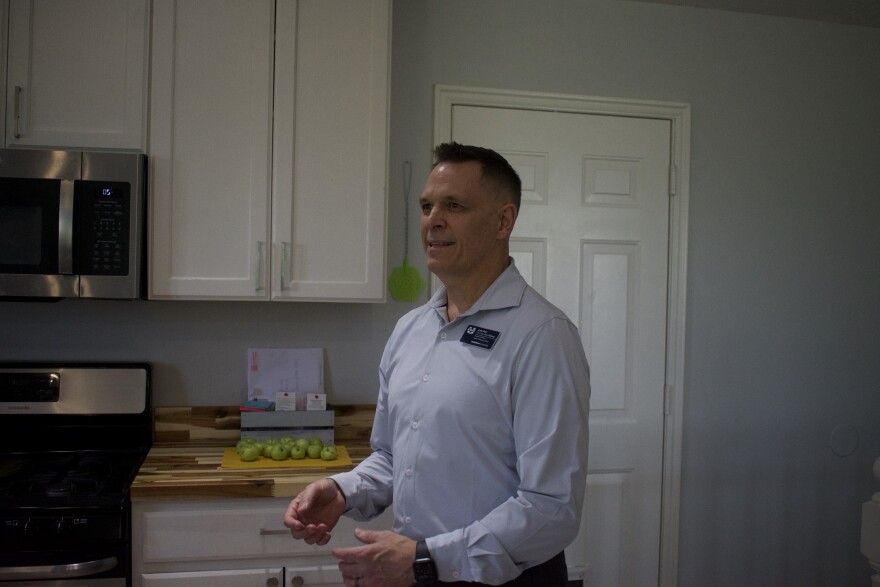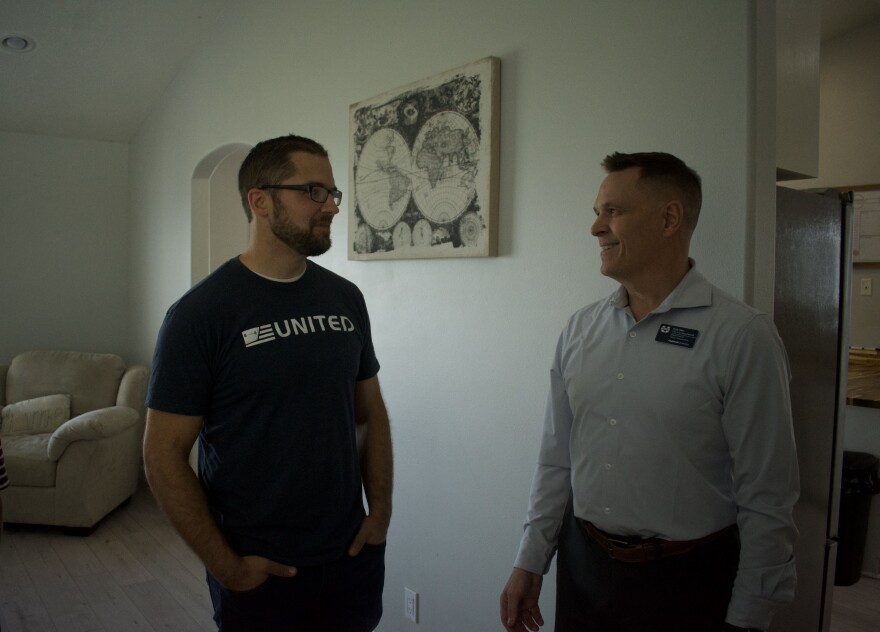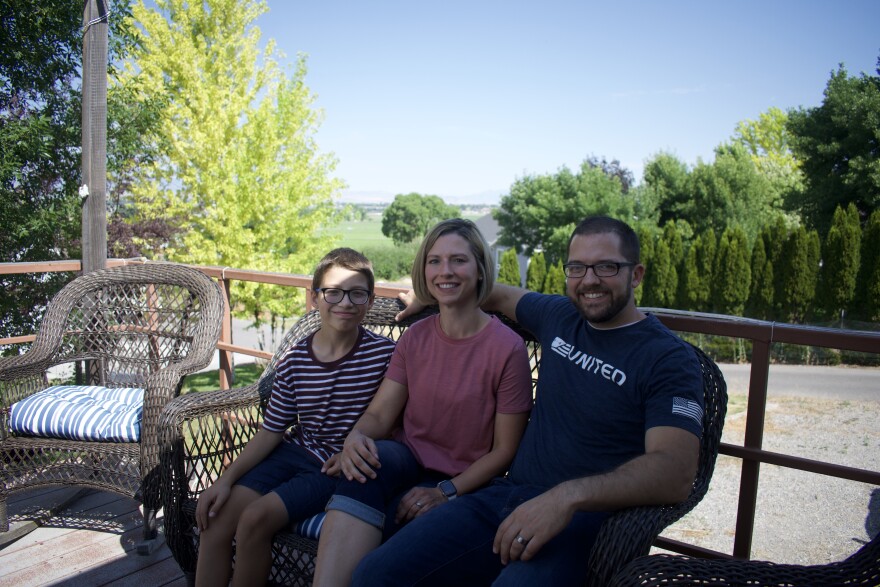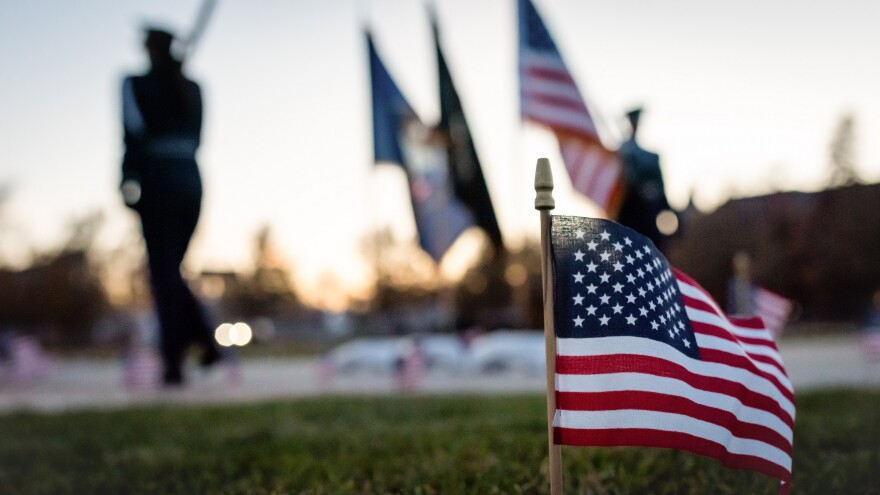Andy Allen has witnessed multiple student veterans experiencing homelessness while working to earn their degrees.
Allen, the director of Utah State University’s Veterans Resource Office, has spoken with students who spend their days studying in the university library — only to sleep on a park bench at night. Others bounce from one couch to the next, unsure where they’ll land each evening.
Even among those who have a place to stay, many carry the burden of loneliness, he said, missing the camaraderie of military life and the shared understanding that comes with it.
“It’s not every veteran who struggles with loneliness,” Allen said. “It’s not every veteran who is homeless. But even one is one too many.”

Now, Allen and a Cache Valley entrepreneur are working to change that.
In partnership with the nonprofit USA Project Valor, Allen is helping open a renovated home in Hyde Park that will serve as dedicated housing for student veterans at Utah State University. The house, set to open this fall, will offer both short- and long-term accommodations, helping prevent student veterans from falling into homelessness and offering a sense of connection as they transition from military to campus life.
The struggles of adjusting
Allen, a veteran himself, said that for many, the adjustment to college life is isolating. Veterans often don’t feel like they fit in with the traditional student population, he said, and as a result, many avoid on-campus housing altogether.
Off-campus apartments come with their own challenges. To manage rent, many students seek out roommates, who often have no connection to military life. That disconnect can leave them feeling even more alone, Allen added.
“They miss the environment they were in in the military,” he said. “They trained together. They were in barracks together. They ate at a dining facility together. They deployed to combat together, redeployed home safely together, because they all took care of one another. One day they leave the service, and they are instantaneously alone.”
He said some student veterans find themselves experiencing homelessness due to gaps in financial support or delays in receiving GI Bill benefits. Without stable housing, it becomes difficult to focus on their education and transition smoothly into civilian life, he said.
“As a Cache Valley community member, as just a human being, as a member of the veteran community, I need to do more,” Allen said. “I just need to do more to help our veterans, our student veterans in particular, not have to ever face homelessness.”
Seeking formal partnership

Seeing the urgent need for housing, Allen connected with Nathan Ruben, a business owner who owned a large, empty house in Hyde Park.
Together, they started fixing up the house in a quiet neighborhood to create a supportive home for student veterans. The house has seven bedrooms, including a two-bedroom accessory unit. One room will be reserved for short-term stays for veterans who are at risk of experiencing homelessness. USA Project Valor has agreed to pay the rent for that room for a year.
While the house isn’t officially part of the university, it fills an important need, Allen said. He is working to formalize a partnership through USU.
“Just imagine being a student veteran and know that the other three people you’re sharing an apartment with are all student veterans as well,” he said, “and they’ve got similar experiences and similar difficulties. What a healing process that is, just in and of itself.”
Ruben and his wife, Sarah, have always wanted to give back to the community. When they came across the vacant home in Hyde Park, they initially considered renovating it for substance abuse or mental health services. The house had been empty for over a year and needed some updates.

But as they worked on the property, the original plan didn’t fit quite right. Then Allen approached them with the idea of housing student veterans, and it quickly became clear this was the perfect fit, Ruben said.
Currently, Hyde Park limits the number of unrelated people living in a house to four, or five with a special group home permit. Because the house has seven bedrooms and ample parking, Ruben is working with the city to get approval for up to seven residents to make full use of the space.
“We have a lot of pride in this house,” he said, “and we think it’s going to grow into something really neat and special. There’s still lots of changes to be made, and it’d be really great to see those changes evolve.”



